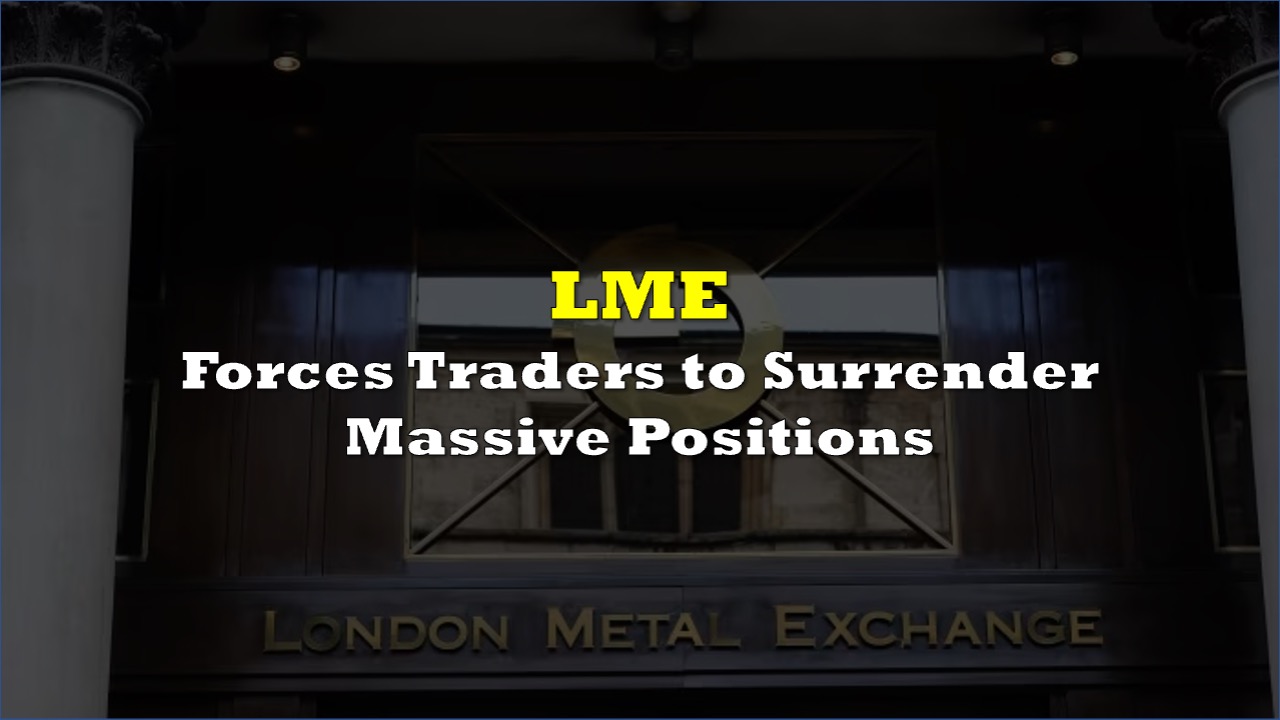The world’s premier metals marketplace has introduced emergency restrictions on large trading positions as dwindling warehouse stocks and aggressive bets by energy firms threaten market stability.
The London Metal Exchange said Friday its new regulations require big position holders to make excess metal available for borrowing when their holdings exceed available physical supplies. The measures became effective Monday.
The action responds to months of market turbulence as energy companies entered metals trading with unprecedented position sizes. Mercuria Energy Group accumulated more than 1 million tons of aluminum contracts while exchange warehouses hold fewer than 350,000 tons of the metal.
Physical metal supplies have reached critically low levels across major commodities. Available copper has fallen to 94,675 tons, representing a two-thirds decline from early 2025. Aluminum reserves dropped to their smallest amount since late 2022.
The shortage has created volatile price conditions. Copper’s immediate delivery premium surged to $569 per ton this week, reflecting extreme supply tightness.
US trade investigations have complicated global metal flows. President Donald Trump’s copper import review, launched in February, contributed to April imports climbing past 200,000 tons — a decade high.
Sanctions targeting Russian metals since April 2024 have added pressure. Though previously imported Russian material remains tradeable, buyers increasingly avoid these supplies.
The LME’s special oversight committee said the lending requirements extend beyond traditional settlement periods. Officials described the restrictions as temporary without specifying a duration.
Exchange intervention in metals trading remains rare. The LME previously forced position adjustments in June when it required Mercuria to provide aluminum for lending, according to Bloomberg.
Market participants express concern the new rules could discourage physical deliveries to exchange warehouses. Metal arrivals have remained sparse since spring.
The regulatory response marks the LME’s most significant market intervention since 2022, when nickel trading chaos forced the exchange to halt activity and reverse transactions.
Current warehouse inventories represent roughly 80-90% of what major traders hold in contracts, leaving little buffer against further supply disruptions.
Information for this story was found via Bloomberg, and the sources and companies mentioned. The author has no securities or affiliations related to the organizations discussed. Not a recommendation to buy or sell. Always do additional research and consult a professional before purchasing a security. The author holds no licenses.






